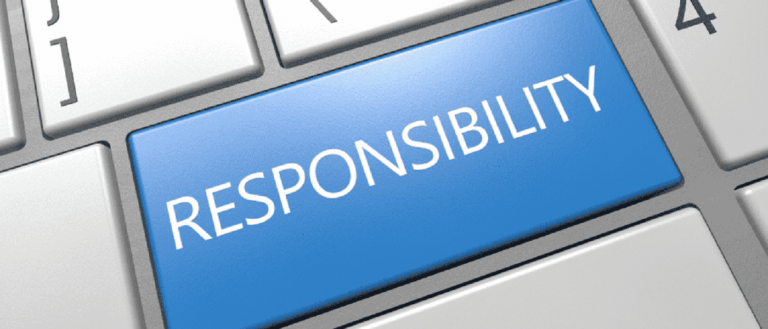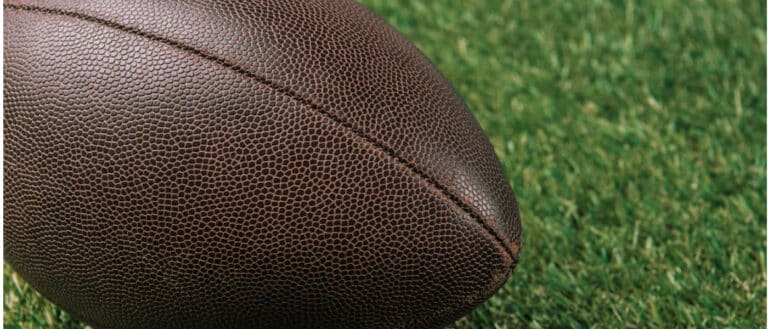NCAA Ends Hardline Stance Against Sports Betting

Three days after the Supreme Court’s decision overturning PASPA, the NCAA has completely changed its tune regarding sports betting in the USA. On Thursday morning, the NCAA posted a statement on its website reversing two longstanding policies.
First, the NCAA no longer formally opposes sports betting legislation. Now that the Supreme Court has made sports betting a legal reality, the NCAA formally supports legislation at the federal level.
Second, the NCAA will allow championship events to be hosted in states that permit sports betting. The NCAA’s decades-long policy of boycotting states where sports betting is legal has deprived Nevada of championships for years.
Oregon also ran afoul of the NCAA with its Sports Action lottery that offered a limited form of parlay-style wagering for NBA and NFL games. The Oregon Lottery ran Sports Action from 1989 through 2007, and the NCAA refused to host tournaments in Oregon the entire time. Oregon shut down Sports Action in 2007 and the NCAA rewarded the state with tournament games two years later.
Keep in mind the NCAA’s position on the issue was so hardline that it refused to hold tournaments in Oregon for over a decade despite Sports Action having nothing to do with college games and only offering a limited form of wagering for the two sports it did cover. Even after Oregon dropped the NBA and only covered NFL games, the NCAA did not relent.
The NCAA reversed its stance with issued that reads in part:
“To ensure integrity in sport, the NCAA supports a federal model addressing legalized gambling and has suspended its championship host policy related to sports wagering.”
Some things will remain the same, however:
“The Board of Governor’s action does not impact NCAA rules that already prohibit sports wagering by student-athletes or member schools’ athletic employees, including coaches. Violations of any sports wagering rules remain subject to NCAA penalties; however, the NCAA membership may reconsider appropriate consequences for those who legally bet on sports.”
Changing Attitudes Towards Sports Betting
It wasn’t all that long ago that college sports betting had a negative connotation in certain segments of polite society. I can remember sports announcers mentioning the latest spread and then jokingly chiding one another for daring to speak of sports betting.
The NCAA’s opposition to sports betting combined with the major professional sports leagues opposing wagering for years did little to help sports betting’s reputation. The fact that it was illegal didn’t help matters much, either.
However, ever so slowly, sports media began to normalize sports betting in the USA by talking about it more openly and giving their content writers more room to use words like “odds,” “line” and “spread.”
The long, slow process of bringing sports betting into the mainstream began much earlier with the Supreme Court’s decision. For years, there were subtle signs that attitudes were changing. The first, major obvious sign attitudes were changing came in November of 2014 when NBA Commissioner Adam Silver penned an op-ed for the New York times coming out in support of legal sports betting.
NCAA President Mark Emmert hinted at a potential change in policy as early as December of 2015 when he answered a question about letting Las Vegas bid for the next NCAA basketball tournament.
that the NCAA board was actively discussing the issue.
“Whether or not the board changes its mind before the next round, I can’t say. Obviously, there’s a lot of collegiate athletic events going on in Nevada, both regular-season and tournament events. And the board’s acutely aware of that, and they’ll be considering that.”
Even so, the NCAA’s official position remained unchanged. Previously, the NCAA website offered but a terse statement on sports betting:
The NCAA opposes all forms of legal and illegal sports wagering, which has the potential to undermine the integrity of sports contests and jeopardizes the welfare of student-athletes and the intercollegiate athletics community.
What was a slow trickle has become a torrent in light of The Supreme Court decision with a flurry of breaking sports betting news that we can barely keep up with ourselves.
What was once the purview of offshore sportsbooks and underground bookies is en route to become a mainstream, regulated and taxed industry in the USA.






